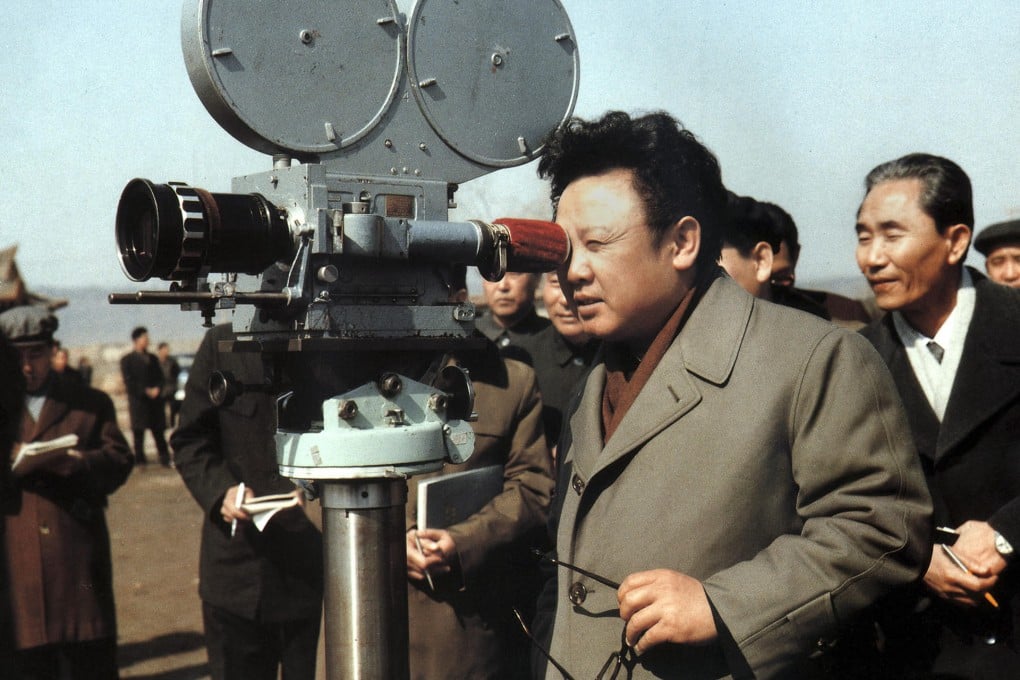'The Interview' plunged US into cultural arms race between North Korea and Seoul
North and South Korea have been engaged in a cinematic arms race for decades

In recent years, North Korea has become the antagonist of choice in Hollywood action movies such as Olympus Has Fallen and the remake of Red Dawn. That trend is mostly a matter of convenience: studios don't want to antagonise any more plausible military powers that also happen to be emerging movie markets, including China and Russia.
But using North Korea as a workaround became less convenient in December when The Interview, the very silly movie from James Franco and Seth Rogen about a pair of lackadaisical journalists who land an interview with Kim Jong-un (Randall Park) and are asked by the CIA to assassinate him, prompted sabre-rattling from the North Korean regime and threats of violence against theatres that had the temerity to show the movie.
While North Korea's reaction to the US might have been unnerving for Americans, who are still adjusting to the impact of international audiences on their movies and television, the incident shouldn't have come as a surprise. With The Interview, the US blundered into a regional cultural arms race that's been going on for decades.
In The Interview, the two journalists are invited because Kim Jong-un happens to love both The Big Bang Theory and the pair's mediocre, celebrity-worshipping excuse for a nightly news broadcast. That's no flight of fancy: previous leader Kim Jong-il's first major position in his father's regime, which he took in 1971, was overseeing the Bureau of Propaganda and Agitation, including North Korea's movie operations, journalist Barbara Demick explained in her remarkable book Nothing to Envy, about the ordinary lives of North Koreans. He even wrote a 1973 book of film theory. But for all his pretensions and his large library of movies pirated by North Korean diplomatic staff, Kim Jong-il's tastes could be pedestrian: he reportedly loved Elizabeth Taylor, Sean Connery, James Bond movies, Friday the 13th and First Blood.

Paul Fischer's book A Kim Jong-il Production - which, in a case of truly fortuitous timing, arrives in stores this month - is a highly illuminating look at the middle Kim's cinematic obsessions and the cinematic arms race between the two Koreas. Some of that competition was driven by the recognition that movies could be powerful political tools. North and South Korean children saw propaganda films about the evils of the government and people on the other side of the border. And in North Korea, a total information blackout helped keep people from developing aspirations that might have encouraged them to challenge the government.